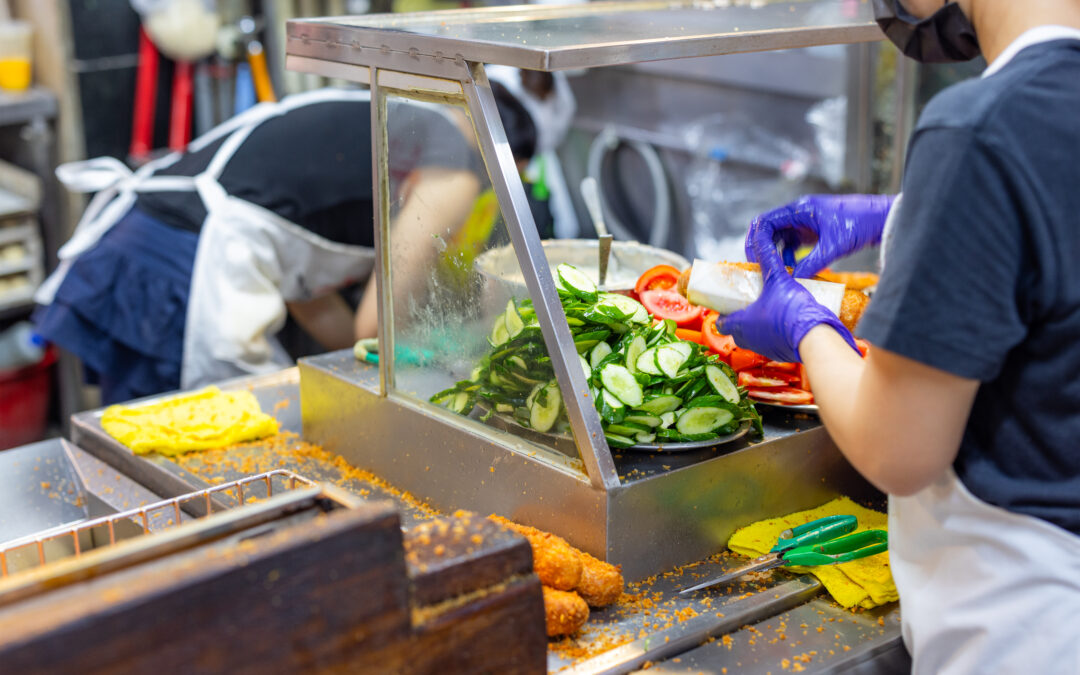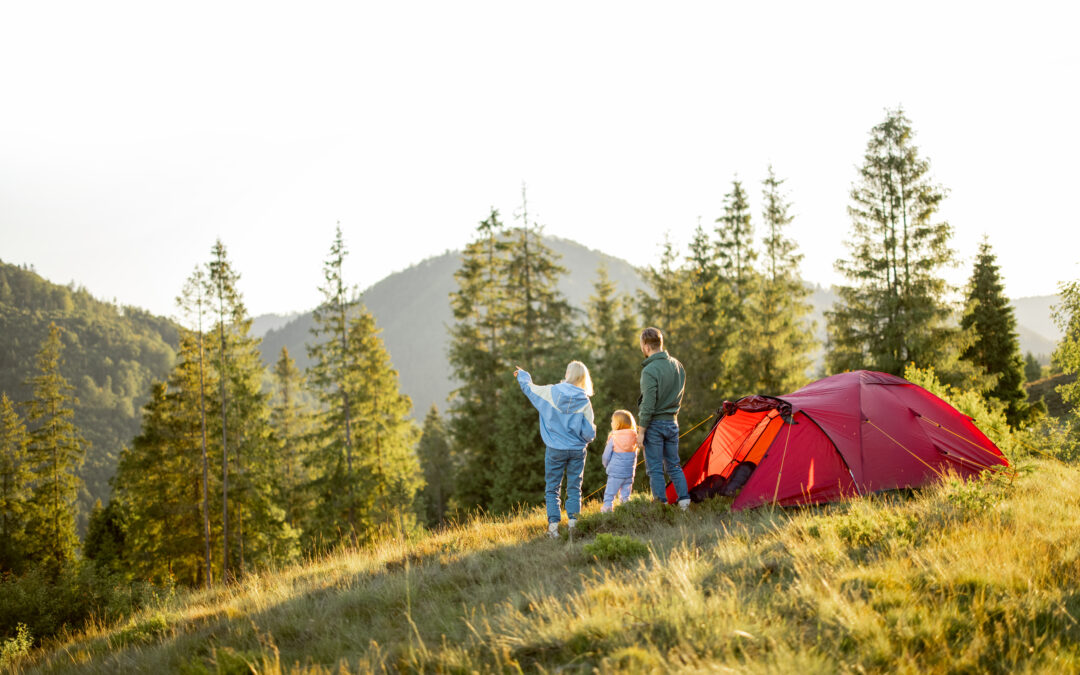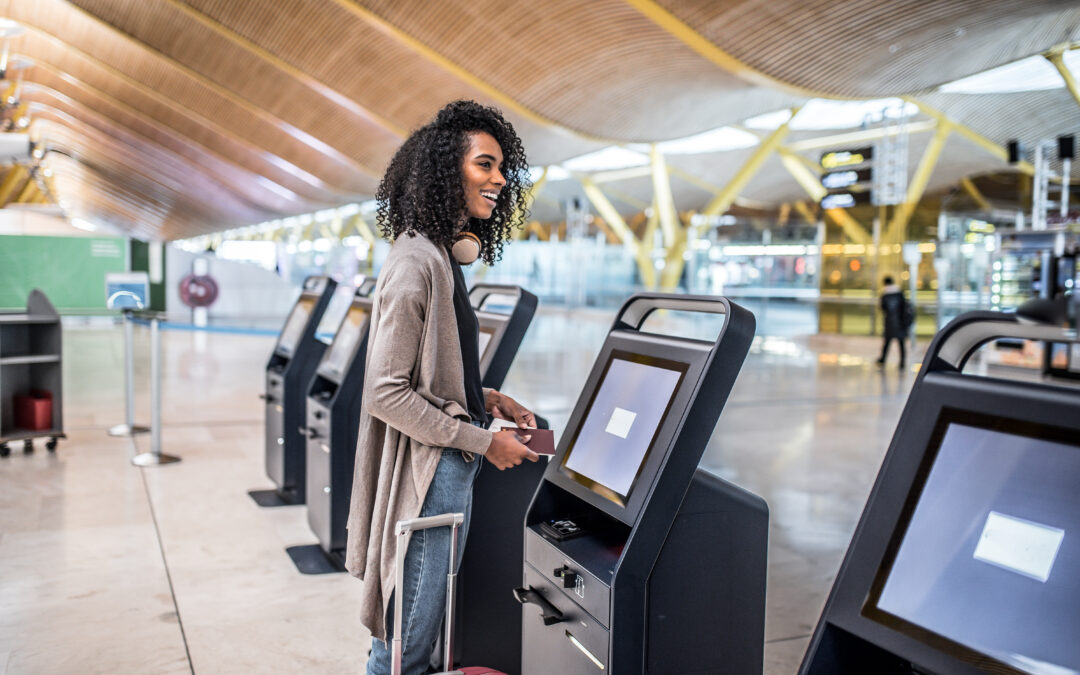Tourism can boost a community’s economy by bringing in more people to spend money at local businesses and attractions. But overtourism happens when a destination buckles under the volume of tourism, tanking quality of life for locals, destroying the natural environment and, in turn, negatively affecting the experiences for future visitors.
Tourism has been especially tricky during the pandemic, with many countries struggling to keep up with the demands of visitors while taking care of the locals that work in the industry—for airlines, hotels, museums, restaurants and other attractions. But there are things we can do to help avoid overtourism, and boost the economy in communities that need it. Here’s how.
Travel Outside of Peak Seasons
One of the things you can do to prevent overtourism in popular destinations is travel there during the off-season or shoulder season—the period between high and low seasons. While many people travel to Europe in the summer because the weather is nice, traveling in the fall or winter is less popular. This will help to cut down on overcrowding, and will give those economies a boost in the season when they really could use it. Plus, you might have a better experience exploring a destination that’s not crowded with tourists—more hotel availability, less wait times for attractions and better access to restaurants and local goods.
Prioritize Local Businesses
Speaking of local goods, it’s important to support the local economy when traveling to international destinations. While tourism can be a good thing, if tourists are supporting large corporate hotel and restaurant chains, the local businesses may suffer. Contribute to the community by shopping at locally-owned businesses, staying at small B-and-Bs and visiting tourist attractions that contribute funds to developing the community.
Explore Areas Off the Beaten Path
One of the best ways to avoid overtourism is to visit destinations and attractions that aren’t as popular. Sure, you might need to fly into a major city or destination, but traveling to a smaller town outside of the main tourist area can give you a one-of-a-kind experience and a firsthand look at local life. Visiting a smaller city or town allows you to immerse yourself in the culture, try authentic food and connect with the community around you.
Leave No Trace
To cut down on the environmental impacts of tourism, it’s important to leave no trace when you explore the wilderness—or really anywhere. Trash and other types of pollution can have catastrophic effects on natural wildlife habitats and natural resources. When exploring a new place, be sure to dispose of trash properly. And if there are no trash receptacles nearby, take trash with you and dispose of it when you can. It’s also important to leave the land alone—don’t disturb the environment around you by pulling plants from the ground, starting fires in undesignated areas or poking around wildlife nests.


